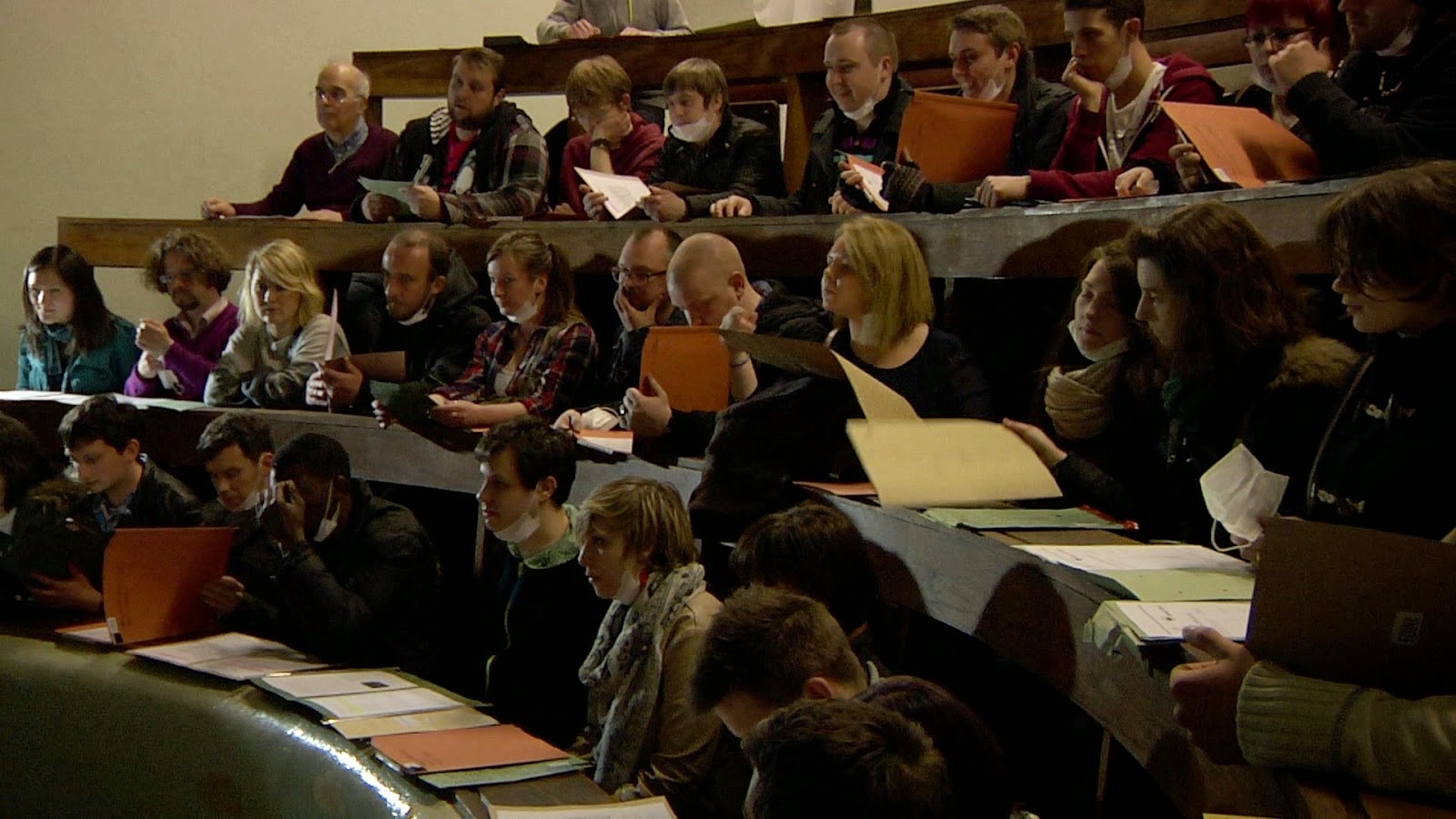At a recent conference on public health history at the University of Toronto, I had some intriguing conversations about crossovers between science and art/entertainment, particularly how science fiction can welcome audiences deep into issues in public health.
 It brought back a chat I had last year with Conall Watson of the Department of Infectious Disease Epidemiology at the London School of Hygiene and Tropical Medicine.
It brought back a chat I had last year with Conall Watson of the Department of Infectious Disease Epidemiology at the London School of Hygiene and Tropical Medicine.He described his work on a promenade theatre event called Deadinburgh, set during a zombie outbreak besieging the Scottish capital.

His team ran the public health advisory cell, "tasked with guiding the audience through different approaches to controlling the zombie epidemic; giving them insight into the usually back-of-house practices of the public health authorities.
We also had input into the epidemiological parameters and narrative of the overall show."
In a paper titled "Deadinburgh: zombie epidemics, citizen power and public health", he and his colleagues Kate Harvey and Nigel Field of University College London, describe the scenario:
"Each night, 250 uninfected citizens reached the safe zone at a former veterinary college, taking democratic responsibility for the public health and military response.
"Whether immersive theatre and simulated situations can get people to engage with public health on a larger scale and help build trust and empathy with the way that science is used to inform public sector decision-making remains to be seen. What we do know is that people like science; people like zombies; and the two combined can help us to reflect on our own practice as public health professionals."
In the video below, Kate Harvey says, "Bringing in something from popular culture helps to appeal to a wider audience.... Public health has both art and science at its core. Public health is the art and science of promoting health and preventing disease and prolonging life.... But maybe what we haven't done so much of is using it as a means of communication, and actually putting some of the science back into art as well."
Click here to watch a video of Conall Watson and Kate Harvey discussing "Deadinburgh - the science of zombies" – a London School of Hygiene and Tropical Medicine podcast.
